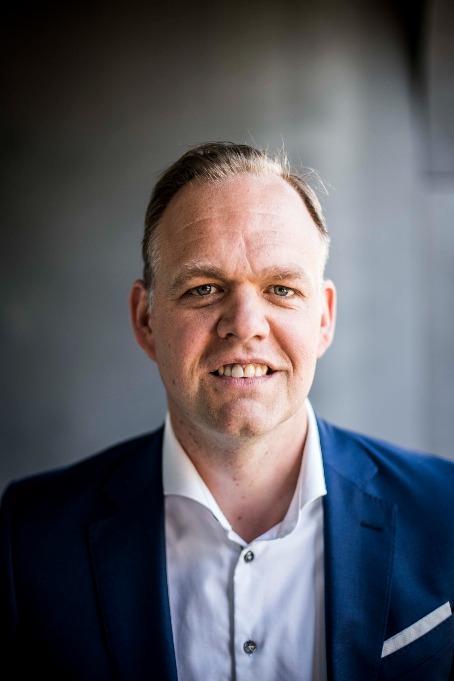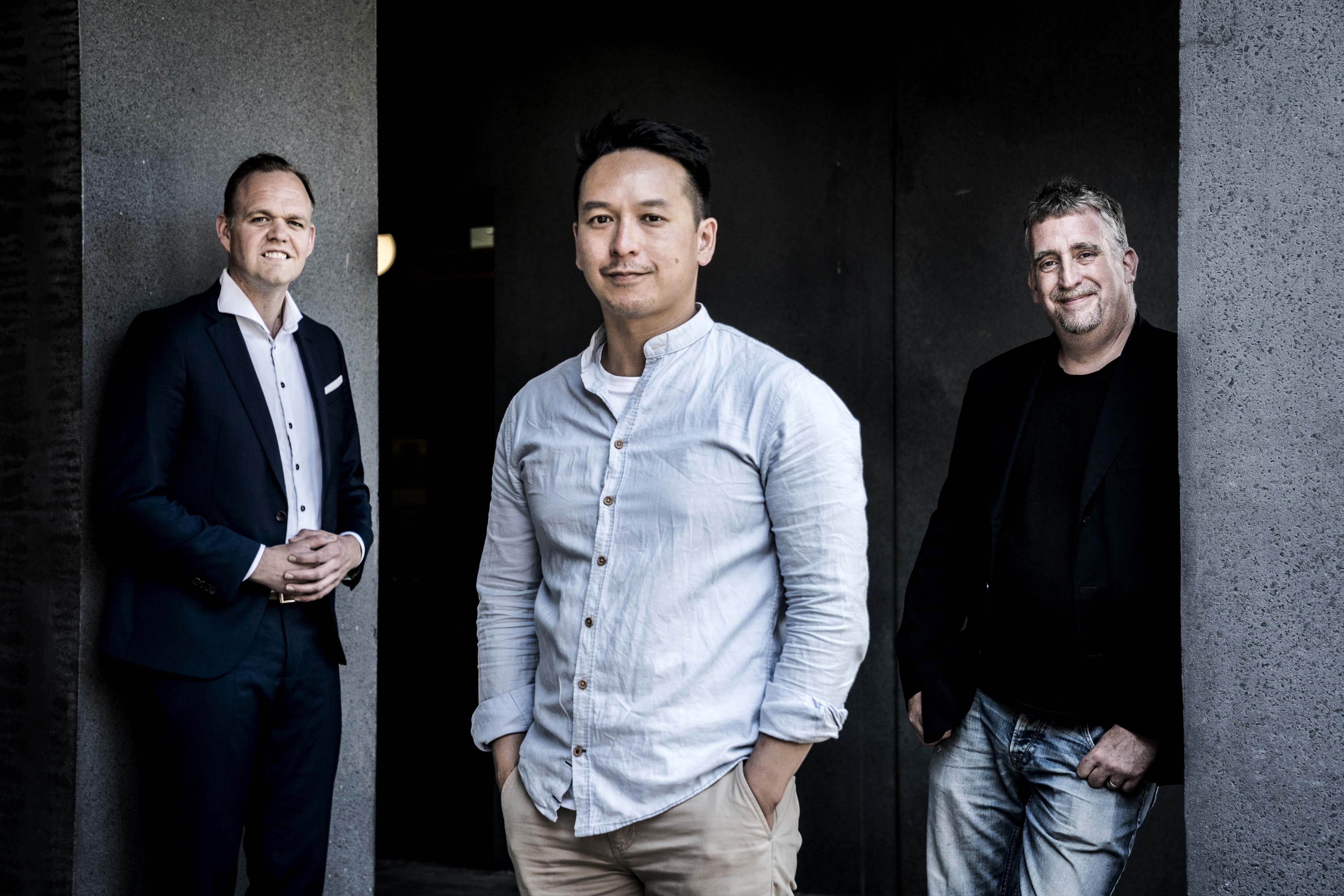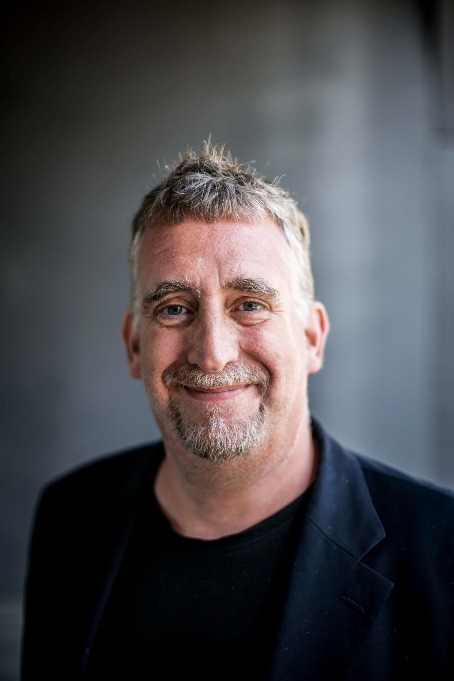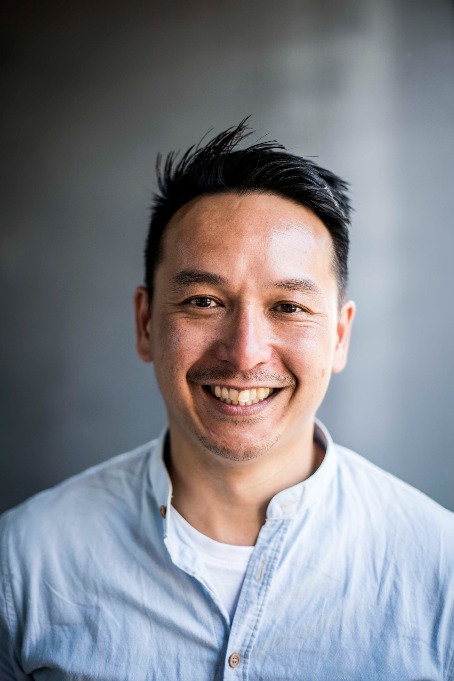When research turns into a business
As a researcher, you want your research to really make a difference in society. This can be done by bringing your knowledge to the market and launching a start-up. But that brings an entirely new challenge, namely the ‘business’ side of a company. This is something that researchers often need help with. In Groningen, start-ups can for instance seek help in taking those first steps from the Stichting Business Generator Groningen (SBGG) foundation. This foundation helps start-ups from all academic disciplines, including the medical start-up Protyon.
Text: Hannah de Nobel, UG Communication Office / Photos: Siese Veenstra
Stichting Business Generator Groningen is one of the organizations that offer help to UG and UMCG researchers interested in launching a start-up. This involves many different aspects, such as exploring market opportunities, protecting intellectual property, and attracting funding for the early stages. The Business Generator also issues loans to entrepreneurs who are affiliated with the UG or UMCG to help them take the initial steps towards a start-up that is ready for investors.

Ideas to help society
As the Director of the Business Generator, Anne Been does approximately fifty intake interviews per year. From their office in Start-Up City on the Zernike Campus, the Business Generator team works on helping very diverse researchers to take the first steps towards creating a business. All of them have ideas that they think can make an immediate impact on society.
Been believes that Groningen has an entire ecosystem at its disposal to support and facilitate this process. ‘It's amazing to be part of that. Everyone who is actively involved in this process is driven by the desire to make an impact. It’s so energizing to contribute to this incredible potential,’ he says. Been shares for example how he works in close collaboration with VentureLab North, the UMCG Innovation Center, UG Ventures, the UG IP-team and many other parties who each have their own expertise in the field of start-ups.
Back to science
And yet, nationwide, Been says that only a small percentage of the initiatives actually succeed in becoming a start-up. There are many challenges, including the fact that in many cases the researchers involved have no interest in becoming the CEO of a start-up. ‘Clearly, the researchers remain involved at content level, but someone else has to pull the cart in the start-up. Finding such people, but also generating funding in the early stages can sometimes be difficult,’ he explains. Luckily, the odds of success can be greatly improved with the right knowledge and support.
As a facilitating organization, the Business Generator tries to make this path as easy to walk as possible, and according to Been, the results speak for themselves: ‘As Groningen knowledge institutions, we are currently producing an above-average number of start-ups, if we compare it to other knowledge institutions nationwide.’

Money matters
In other words, it is important to involve additional expertise in start-ups, from people who understand the business side and who can help a start-up further. That is also the case for the medical start-up Protyon, which uses artificial intelligence to improve lung cancer treatment. In collaboration with Prof. Matthew Groves, Dr Josef Melcr and Dr Rositsa Jordanova, Hoang Nguyen has taken on the task of underpinning the commercial side of this knowledge. He is Protyon's Chief Operational Officer: ‘It's all about the financial aspect, really. That, and business more generally,’ he explains.

Matthew Groves, Professor at the UG and Chief Science Officer of Protyon, explains what the science side looks like: ‘The pilot study we conducted with the UG and UMCG revealed that the use of molecular modelling is valuable in selecting effective treatments for new mutations that arise in a tumour. This allows us to make precise estimates of the treatment that might be most effective in improving and prolonging the life of cancer patients.’
Translation
In contrast to the three researchers involved in Protyon, Hoang has a background in psychology and business development. The transition took some getting used to at first. ‘Yes, I've had to read quite a lot of articles before I understood the expertise of Matthew and Josef,’ he explains. He patiently demonstrates the complex software developed by Protyon by using pepper and salt shakers to represent the molecules.
These kinds of translations are also important to attract investors: ‘You have to convince them of what you are doing, and explain to them in clear terms what it is that they are investing in,’ says Nguyen, and that is precisely what the team succeeded in doing: LUMO Labs and NOM are jointly investing € 600,000 in Protyon, which will help the company to further develop their technology and service model.

Ready for investors
A start-up is not ready for investors straight away; some things have to be taken care of first. And for these initial steps, Protyon received a loan via the Business Generator. ‘We can use this money to take the first steps,’ explains Nguyen. It has allowed them, for example, to build a first draft of a prototype, and to pay for the initial legal support.
In this way, Protyon hopes to have a serious impact in cancer treatment. Translating research into something that is valuable for the end users is a strong motivation, says Nguyen. ‘Being able to prolong a cancer patient's life, or make it more bearable in the final phase that they are in, is extremely valuable to us,’ he says.
Research into expansion
‘We find it very important to remain connected to the UG and UMCG,’ says Nguyen on behalf of the Protyon team. For now, the company focuses primarily on lung cancer, but according to Nguyen, this can be expanded further through research. ‘The technology can be applied to all sorts of cancers, which means that you can conduct all kinds of research projects to also improve treatment of other types of cancer or diseases,’ he explains. For the time being, at least, Protyon is not standing still, and the link between research and business is creating real change in society.
Read more
| Last modified: | 04 July 2023 10.58 a.m. |
More news
-
24 March 2025
UG 28th in World's Most International Universities 2025 rankings
The University of Groningen has been ranked 28th in the World's Most International Universities 2025 by Times Higher Education. With this, the UG leaves behind institutions such as MIT and Harvard. The 28th place marks an increase of five places: in...
-
05 March 2025
Women in Science
The UG celebrates International Women’s Day with a special photo series: Women in Science.
-
16 December 2024
Jouke de Vries: ‘The University will have to be flexible’
2024 was a festive year for the University of Groningen. In this podcast, Jouke de Vries, the chair of the Executive Board, looks back.
